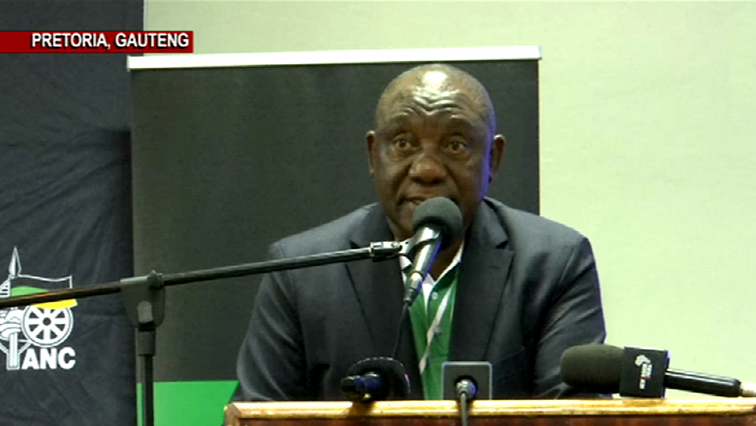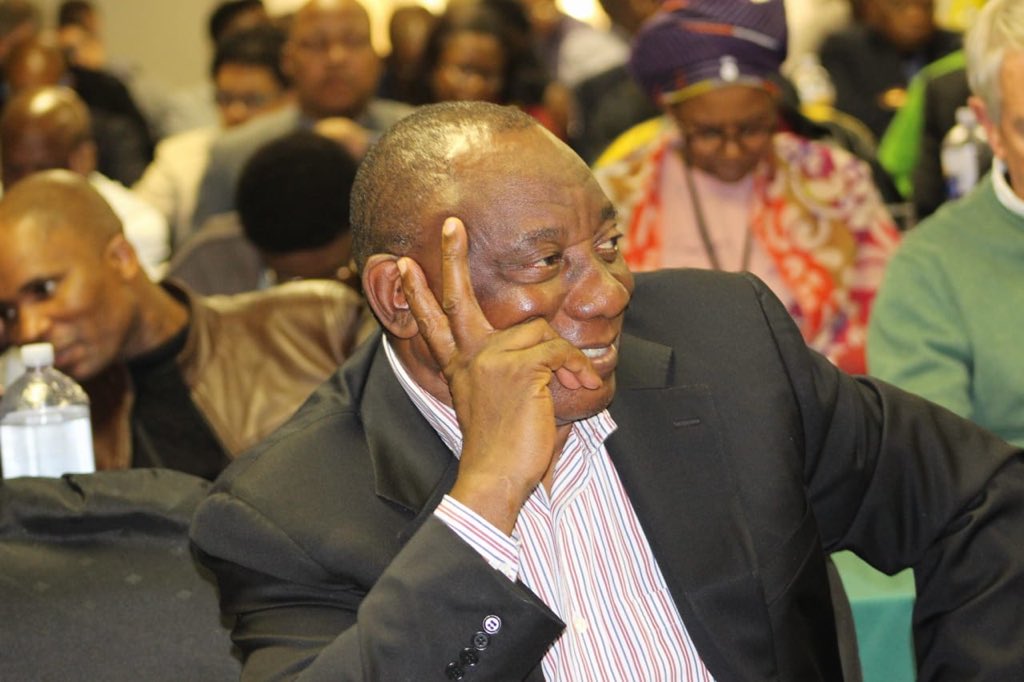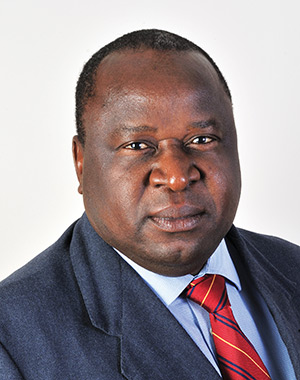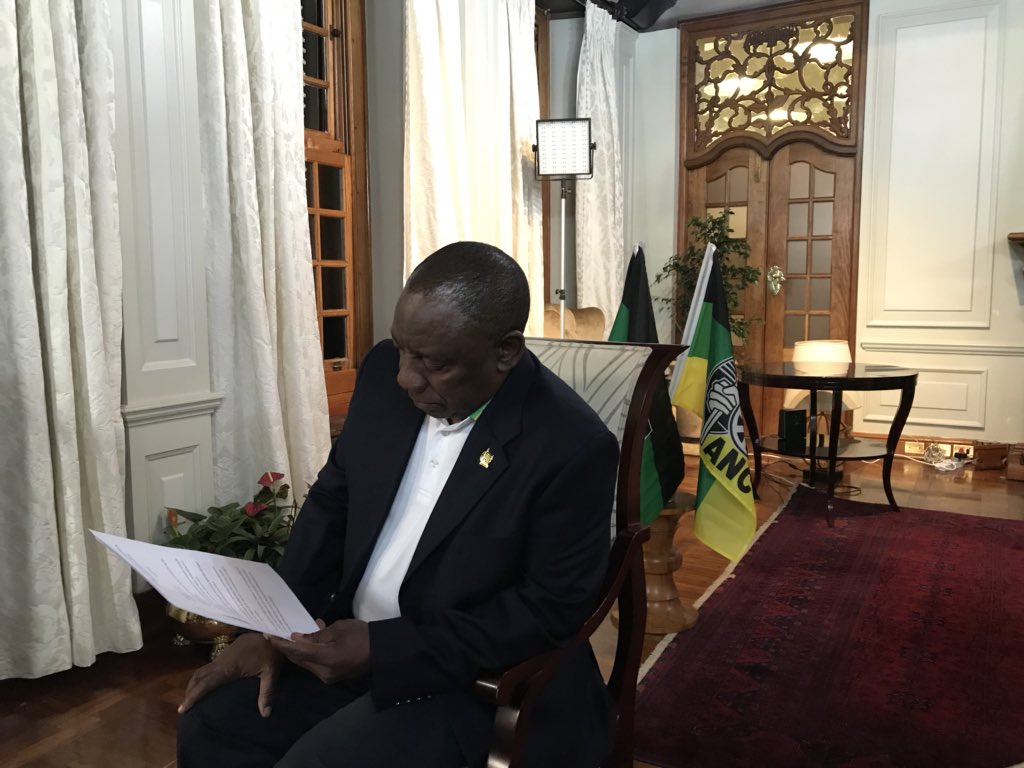Riyaz Patel
African National Congress (ANC) President Cyril Ramaphosa says the ANC will be more stringent in screening candidates for appointment, saying party will be instituting a strict qualifications criteria for cadres to be eligible to be on ANC deployment lists.
Closing the party’s two day NEC lekgotla Monday, he said: “A capable state starts with the people who work in it. Officials and managers must possess the right financial and technical skills and other expertise.”
He added: “We are committed to end the practice of poorly qualified individuals being parachuted into positions of authority through political patronage.”
Ramaphosa said it was also agreed that the ANC needed to have an effective strategy in place to monitor performance.
“The ANC commits to consistent monitoring of performance of all our public representatives and that we will apply urgent remedial steps and consequent management for poor performance, for ill-discipline as well for mismanagement and indeed for corruption as well.”
The meeting, Ramaphosa said, also reached consensus on wide-ranging strategies they hope will steer the country out one of its worst economic periods.
These measures include:
– Power to allow the state to expropriate land without compensation
– Strengthening Black Economic Empowerment (BEE) policies
– State should leverage the private sector to use black-owned businesses for
the procurement of goods
“We have been very frank about the difficulties our country faces and we have acknowledged where we have fallen short, especially in terms of the implementation of our policies, and we have devised realistic measures to address these shortcomings,” the ANC president said.

“We agreed we should strengthen government and SOE procurement and we should leverage private sector procurement to use local enterprises, township and village enterprises and also black industrialists.” said Ramaphosa.
“With over 700 SOEs, we should look at whether we should consolidate some or rationalise some.”
Ramaphosa added: “We should avoid political interference in operational matters in SOEs. If there is any pol interference it should be strategic and where there is mismanagement and a clear company failure.”
He said the “unbundling” of the Mineral Development Resources Act Amendment Bill, released for public comment in December 2019, would provide “policy certainty in the mining industry” and also assist with the development of standalone legislation for the “upstream petroleum sector.”

On land reform, Ramaphosa said it was agreed that the ANC needed to do more to popularise its position on the amendment of Section 25 of the Constitution, which protects property rights, to clarify circumstances where the expropriation of land without compensation will take place.
“The lekgotla received a report of the process that is now underway to amend Section 25. The lekgotla was encouraged to get this report and endorse the recommendation that the power to determine the quantum of land for expropriation should reside in the executive and the amendment should articulate such.”
South Africa also needed new growth sectors in areas such as renewable energy, creative industries, aviation industries and the Fourth Industrial Revolution (4IR), he added.

Ramaphosa was emphatic in speaking out against dissenting voices within the ANC, saying the NEC had agreed to “speak in one unified voice as different individuals.”
The comments were seemingly directed at Finance Minister Tito Mboweni, who was reportedly reprimanded at the NEC meeting for tweeting his frustration over Nasrec resolutions on the SA Reserve Bank, saying they were wrong.
Mboweni’s tweets led to Luthuli House releasing a statement denouncing his public views.
On international matters, Ramaphosa said South Africa would use its position of African Union (AU) Chair to create a “positive legacy” for the continent.
South Africa was elected at the 32nd AU assembly of heads of state and government to chair the AU in 2020, succeeding Egypt, and will officially take up the position in February.
He said South Africa takes over the chairmanship at a crucial time for both the AU and the continent, and should be characterised by a “positive dynamism.”

“In pursuance of South Africa’s chairing of the AU with progressive political parties we will work with a number of countries in our continent, we will achieve the overarching goal of the AU which is silencing the guns on our continent,” said Ramaphosa.
The ANC president reaffirmed South Africa’s support for the ‘One China Policy,’ as opposed to the People’s Republic of China and the Republic of China, otherwise known as Taiwan as two separate states.
The ANC also reiterated its support for “the oppressed people of Palestine and the Sahrawi people in their quest for self-determination.”

